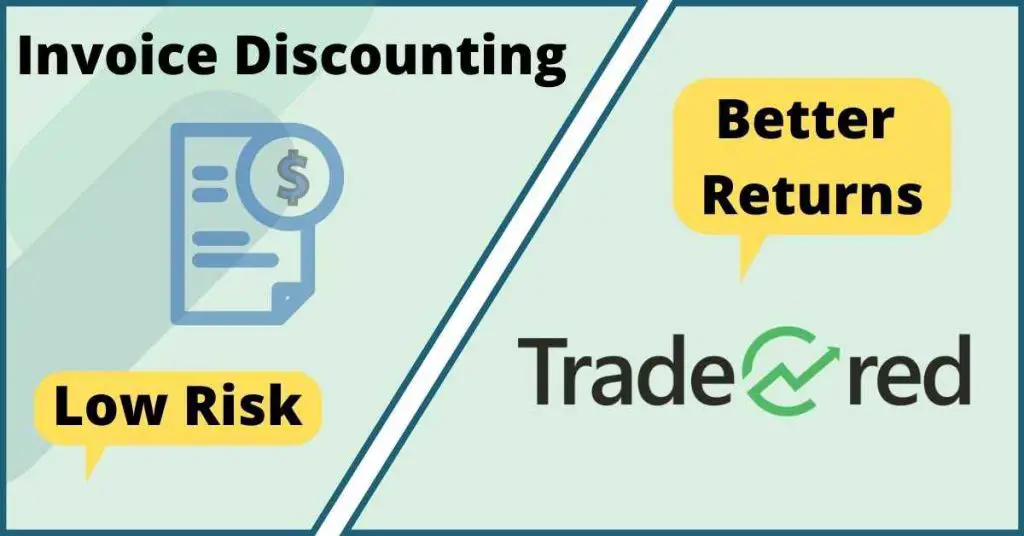Considering investing in mutual funds? In this article learn about mutual funds pros and cons to discover whether mutual funds are right for you.
Mutual funds are considered most investors’ common and notable investment vehicle, with numerous benefits, such as high-end portfolio management, dividend reinvestment, and risk reduction.
Nevertheless, there are some drawbacks to consider, for example, taxes, fees, increased expense ratios, lack of control, potential management misusages, and sales charges.
Thus, before you think about or determine to invest in mutual funds, ensure you know all mutual funds pros and cons so that you don’t have to make poor decisions.
Continue reading with us as we’ll shed light on mutual funds pros and cons and give you a comprehensive analysis of their benefits and drawbacks.
Let’s Take A Look At The Pros of Mutual Funds First
1. Mutual Funds Give You Diversification

Mutual funds give you diversification by accumulating money from different investors so that they can invest in a variegated portfolio of assets.
As each investor owns shares in the mutual fund, they indirectly hold a portion of those assets.
Diversification also reduces the impact of poor performance in any single asset or sector. It helps protect investors from large losses and enhances the possibility of more stable, consistent returns.
2. It Offers Professional Management

Expert fund managers play a key role in the success of mutual funds. Their knowledge, experience, and dedication give you several benefits such as:
- They make informed investment decisions using in-depth research and market insights, which results in exceptional returns and effective risk management.
- They provide active management and adjust the fund’s portfolio as market conditions change.
- Fund managers give you convenience as investors can rely on their expertise, and they also bring professionalism and expertise to mutual funds.
3. Mutual funds Are Accessible to Many

Mutual funds are accessible to multiple investors, and they welcome both novices and seasoned investors with varying budgets.
Even those with modest incomes can also participate with options like SIPs (Systematic Investment Plans). Mutual funds offer flexibility and allow investors to start with even small amounts.
4. Mutual Fund Shares Are Easily Tradable And Provide Liquidity to Investors

Mutual fund shares are like financial chameleons, which provide investors with a valuable attribute, and that attribute is called liquidity.
Unlike other investments, you can buy or sell mutual fund shares on any business day. This liquidity allows investors to access their money promptly and ensures that their investments aren’t locked away.
5. Transparency And Strict Regulations Make Mutual Funds A Safer Investment Option

Transparency and strict regulations are the guardians of mutual funds. Regulatory bodies such as the Securities and Exchange Commission oversee mutual funds to prevent fraud and protect investors.
This transparency and regulatory oversight build trust, safeguard investors’ interests, and make mutual funds a well-regulated and secure investment option.
>> How To Invest In Mutual Funds For Beginners In India
Now Let’s Discuss The Cons of Mutual Funds
1. Fees Associated With Mutual Funds

Mutual funds usually come with fees that can affect your overall returns.
These can include:
- Sales charges (front-end or back-end loads)
- Management fees
- 12b-1 distribution fees.
These expenses can reduce the returns you see and impact your overall profitability. Therefore, it’s crucial to understand these costs and opt for funds with lower fees to maximize your gains.
2. Lack of Control

Investors in mutual funds usually entrust their money to professional fund managers who make buying and selling decisions based on the fund’s objectives. This means investors have limited control over specific stock or bond selections.
While this lack of control can benefit those who prefer professional management, it may not suit those who want a direct say in investment choices.
3. Taxes

In mutual funds, investors don’t have the power over capital gains payouts.
Because of that turnover, gains, redemptions, and losses faced in security holdings the whole year, investors generally obtain distributions from the fund that are an intractable tax event.
Moreover, in the context of equity mutual funds, the gains from the sale of units, if kept for more than a year, are deemed long-term capital gains and have a lower tax rate.
Short-term capital gains from units held for less than a year are taxed at a higher rate.
4. Risks

Mutual funds offer diversification and spread risk across various assets, but it’s also important to note that risk is never entirely eliminated from mutual funds.
Market fluctuations can always impact your fund’s performance, and investors should be prepared for conceivable losses, although a diversified portfolio generally reduces risk compared to investing in individual securities.
>> Difference Between Mutual Funds & Shares
Conclusion
Anything that has advantages also comes with some drawbacks, and the same is the case with mutual funds too. They have their own pros and cons that everybody must keep in mind to make informed decisions.
Mutual funds give you diversification, professional management, liquidity, and safety. However, we should also never ignore that they come with risks, have tax implications and fees, and lack control.
So always make sure you know all the mutual fund’s pros and cons before making any financial decisions. Happy investing!
Disclosure: Please note that some links on relearnfinance.com are affiliate links. We may receive a commission at no extra cost to you if you click through our links and make a purchase from our partners.



